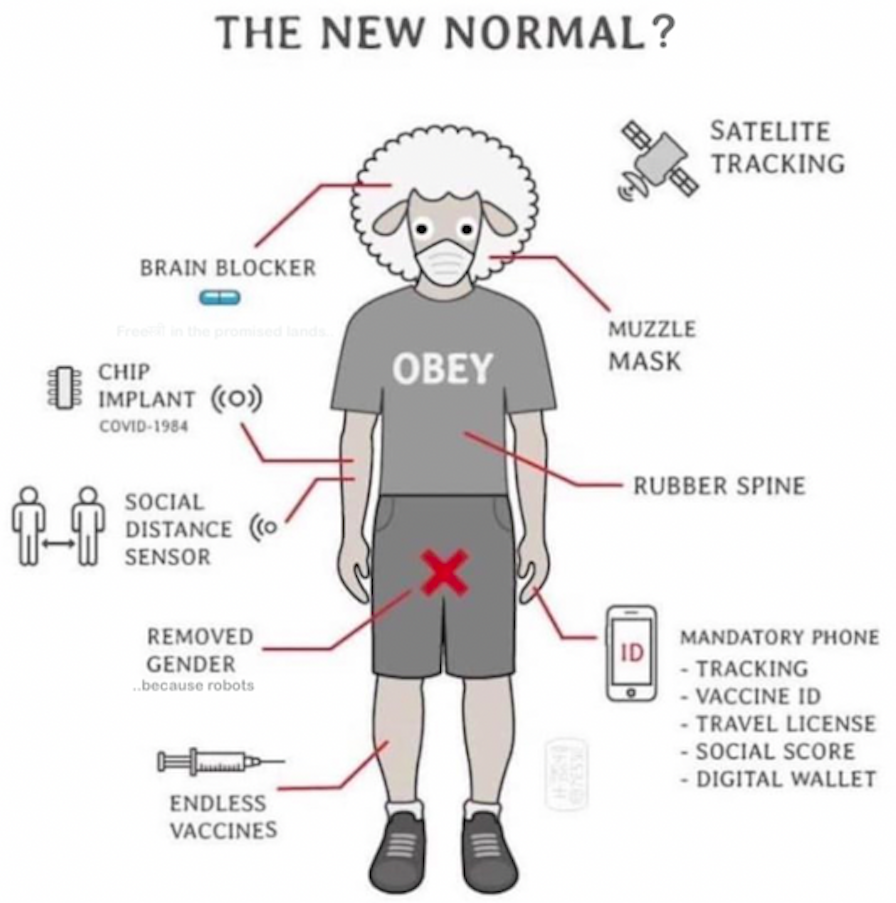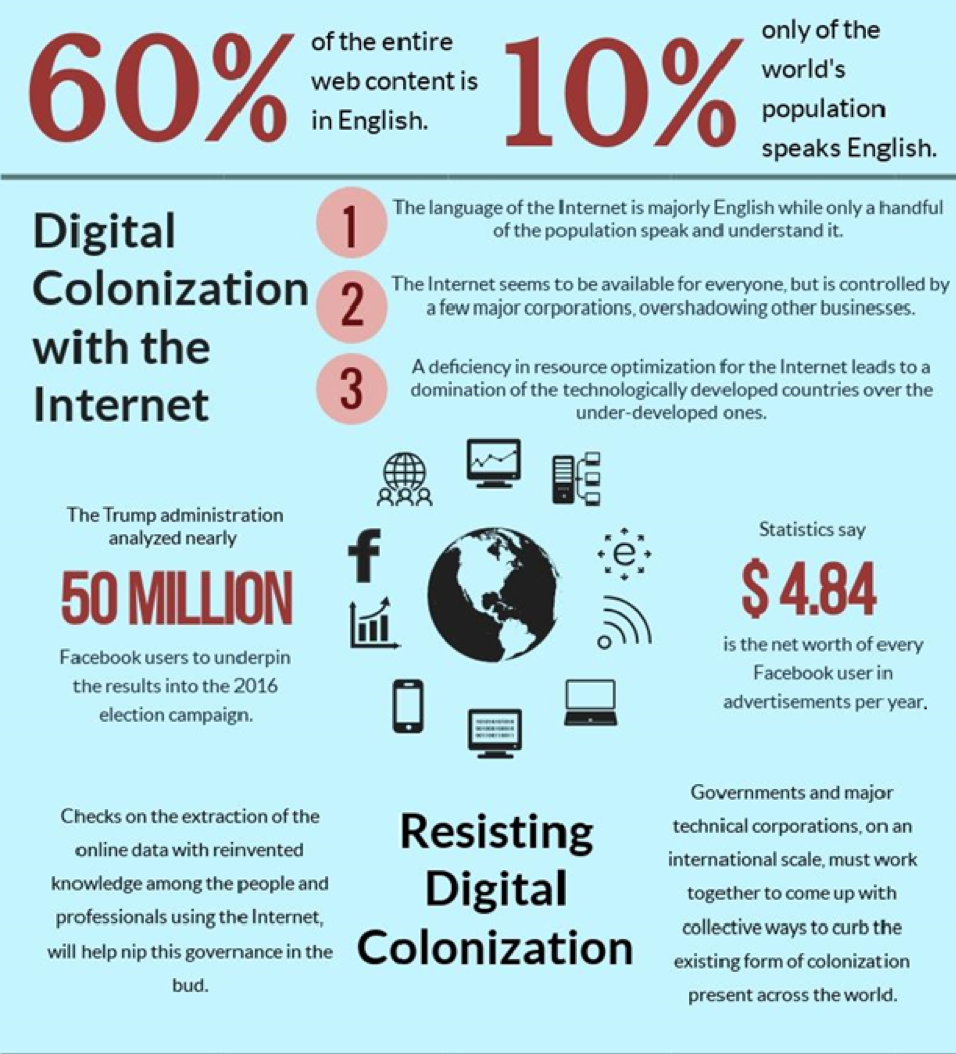KAMALIKA PIERIS
From May 9th and May 14, 2022 the houses of nearly 80 MPs, of which 74 were Pohottu MPs were burnt down. Houses of some Pradeshiya Sabha and Provincial Council members were also burnt.
The activity started around 5.00 p.m. on May 9th, on the same day that the Galle Face protestors were attacked. That attack had started around 2.30 p.m. therefore the suggestion that houses were burnt down because of the Galle Face attack cannot be accepted. It is now clear that both events were programmed to take place together.
Organized groups, armed with kerosene and petrol bombs, descended on houses of select government MPs, all over the island, except the north. Within hours Government MPs’ properties were looted, vandalized and destroyed. Most were burnt to ground.
The arson took place simultaneously in various parts of the island. Houses of politicians in Anuradhapura, Kandy, Kurunegala, Puttalam, Nattandiya, Galle, Kalutara, Puttalam and elsewhere were torched. The ancestral home of Dinesh Gunawardena in Boralugoda, where Philip Gunawardene lived, was destroyed
Mobs broke into houses, looted what was inside and then set the building on fire. Vehicles and motor cycles were destroyed. Television cameras showed mobs breaking up the living room furniture. They had however, taken away items useful to them such as door hinges. Documents and files were burnt. School books were also destroyed. Some children were sitting for the O levels the next week. This was a cruel gesture. The houses had no occupants. Residents had been sent a warning and had vacated in time.
There were 25 to 30 in each group of attackers. Each group consisted of locals and outsiders. It was never locals alone. Chandima Weerakkody said that in his case, the leaders were a resident of a nearby village and a resident of Colombo. They had been led by a political activist who had earlier contested for the JVP.
The police did nothing to prevent the arson. There was collusion between the arsonists and the police. D. Weerasinghe said the police stood by while the mob looted and thereafter set fire to his house. The mob that attacked his residence spent more than 30 minutes ransacking it while some 40 policemen stood watching, he claimed.
Area residents had got to know that a mob was coming to my house and were gathering to defend it when police came and told them to disperse, saying they would handle the situation. Then they stood by while the mob destroyed everything,”
The burning houses and the damage caused inside were recorded in real time on television camera, and shown on its news channels. It was near professional footage, well angled and informative. It was intended to impress the public. Videos posted on social media showed the house of SLPP KurunegalaDistrict MP Gunapala Ratnasekara on fire against the backdrop of a cheering crowd.
There was initially an effort to portray these mobs as the impulsive reaction of an outraged public. This was immediately rejected. This was an organized political act not the spontaneous eruption of an angry public, all said. The speed at which the violence spread across the country and the uniformity of violence indicates a single force.
Nobody in his right mind will claim that the arson and looting unleashed on SLPP politicians both at national and provincial level were spontaneous. There was clearly an organization behind it, said an Island editorial. They were not spontaneous incidents. Ordinary people protest and boo politicians, but never do they go so far as to burn houses. The arson attacks at issue were carried out by organized groups. It was shock tactics once again.
It is clear that the activity had been planned some time ago. The list of houses and the petrol cans would have been ready for sometime, said observers. Planning would not have been difficult. These houses are in residential areas, easily accessible, and the addresses are well known. The arson attacks indicate that by May, 2022 addresses lists were compiled, cadres were trained, support groups alerted, ammunition provided and media on standby. The teams were simply waiting for the signal to act.
The intention is clear, it was to frighten these politicians and make them run away from politics. First time MP, Podujana Peramuna’s Kurunegala District MP Gunapala Ratnasekara said he did not intend to seek re-election I was a lecturer at the University of Sri Jayewardenepura. Everything that was destroyed I had built before I came into politics.
But the seasoned politicians did not give in. They spoke out in Parliament. Despite his family’s long association in active politics, Shehan Semasinghe said they had never faced such attacks. The house was stoned after the election of 1977 but nothing of this nature has happened before.
Ampara MP D. Weerasinghe said that the JVP shot and killed his father when he was eight years and the JVP have now burned everything he had. If anyone thinks that we can be subdued and controlled by destroying our homes, belongings or even our lives, that will not happen. You can try as much as you want, but we will not change
As a person with over 30 years experience in politics, I cannot be shaken by burning my property”, said Keheliya Rambukwella Keheliya said that he was a businessman before venturing into politics and his house was built using the money earned from his businesses. He said that he has not used a single cent earned from politics to carry out even a refurbishment of the house.
Vidura Wickramanayake said, Nothing is permanent. You need to prepare yourself for the worst in politics. This is not the worst thing that could have happened. What is needed right now is for all of us to get together and ensure stability.
There was talk of compensation. Sri Lanka’s state-owned National Insurance Trust Fund Board’s Strike, Riot, Civil Commotion and Terrorism (SRCCT) fund will bear the brunt of losses. We believe gross losses from the riots are likely to exceed Rs1 billion. However, NITF’s net loss will be limited to this amount. We expect NITF to have sufficient liquid assets to meet its claim obligations, said officials.
But there is public resentment at what appears to be an unseemly hurry to compensate the MPs. Promised compensation for other sectors of the populations, farmers who suffered crop losses due to the government’s disastrous fertilizer policy for example, have not been paid. No one is interested in compensating abjectly poor people whose huts are destroyed by elephant attacks. So why the hurry to compensate politicians.
The MPs whose homes were attacked are: Former Prime Minister Mahinda Rajapaksa and former Ministers and MPs Dinesh Gunawardena, Dr. Ramesh Pathirana, Prasanna Ranatunge, Vidura Wickramanayake, Shehan Semasinghe, Kanaka Herath, Kanchana Wijesekara, Thenuka Vidanagamage, Dr. Nalaka Godahewa, Prof. Channa Jayasumana, Arundika Fernando, Wimalaweera Dissanayake, Mohan Priyadarshana De. Silva, Nazeer Ahamed, Sanath Nishantha, Tharaka Balasuriya, Indika Anuruddha, Siripala Gamlath, Anuradha Jayarathne, D.V. Chanaka, Sisira Jayakody, Prasanna Ranaweera, D.B. Herath, Dr. Seetha Arambepola, Rohana Dissanayake, Shantha Bandara, Piyal Nishantha De Silva, Ashoka Priyantha, Kapila Athukorala, Geetha Kumarasinghe, Gunapala Rathnasekara, Chamal Rajapaksa, Johnston Fernando, Gamini Lokuge, Dr. Bandula Gunawardane, Janaka Bandara Tennakoon, C.B. Rathnayake, Keheliya Rambukwella, S.M. Chandrasena, Mahindananda Aluthgamage, Rohitha Abeygunawardane, Namal Rajapaksa, Roshan Ranasinghe, Shashindra Rajapaksa, Jayantha Ketagoda, Sampath Athukorala, Janaka Thissakuttiarachchi, U.K. Sumith Udukumbura, Akila Ellawala, Lalith Ellawala, Jagath Kumara Sumithrarachchi, Nalaka Kottegoda, Kokila Gunawardane, Milan Jayatilake, Isuru Dodangoda, Premanath C. Dolawatta, H.Nandasena, Anupa Pasqual, Chinthaka Amal Mayadunna, Nipuna Ranawaka, Ali Sabry Raheem, Ajith Rajapaksa, Gunatilake Rajapaksa, Upul Mahendra Rajapaksa, Rajika Wickramasinghe, Sahan Pradeep Vithana, D. Weerasinghe, Samanpriya Herath, Lalith Warnakumara, Chandima Weerakkody, Nimal Lanza and Priyankara Jayaratne are among of whose residences, properties, offices and vehicles were attacked between May 9 and 14. (Daily News 16.5.22 p 1)










